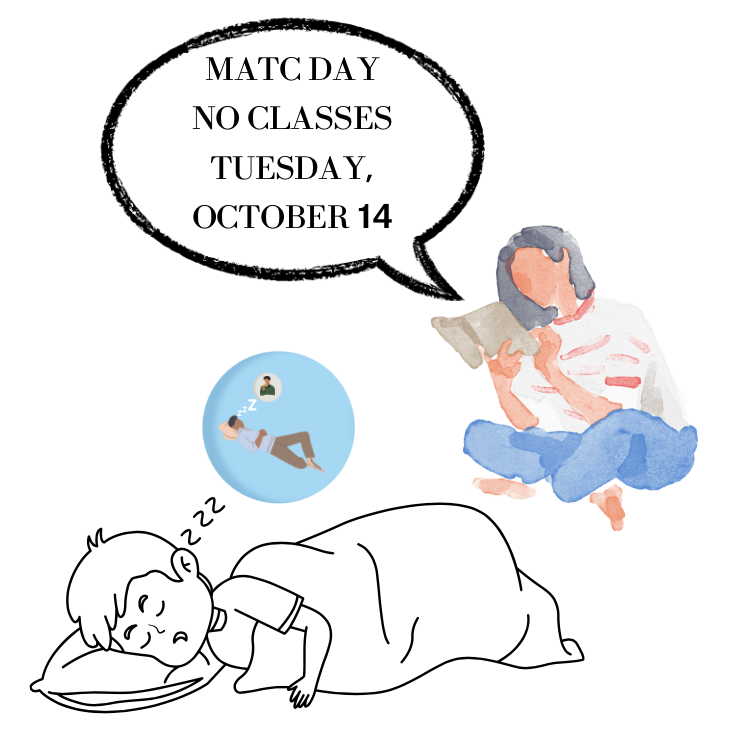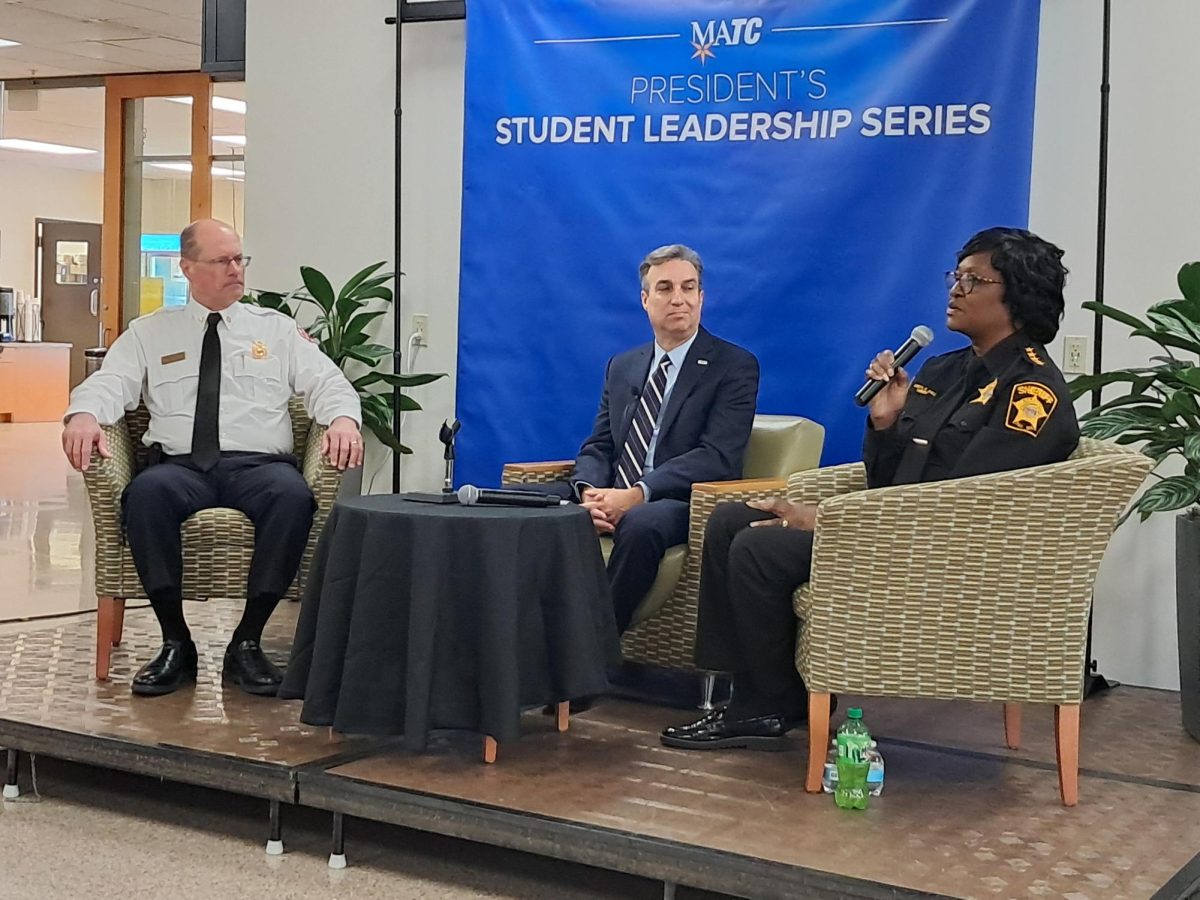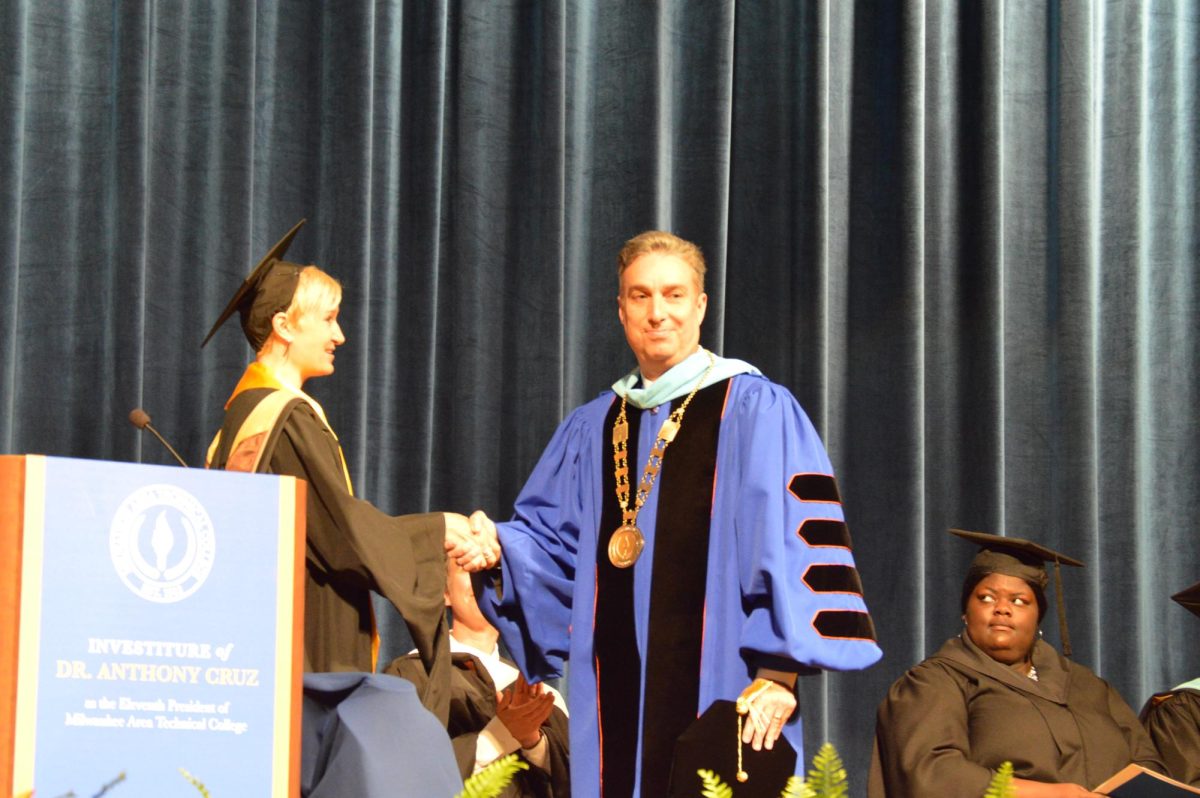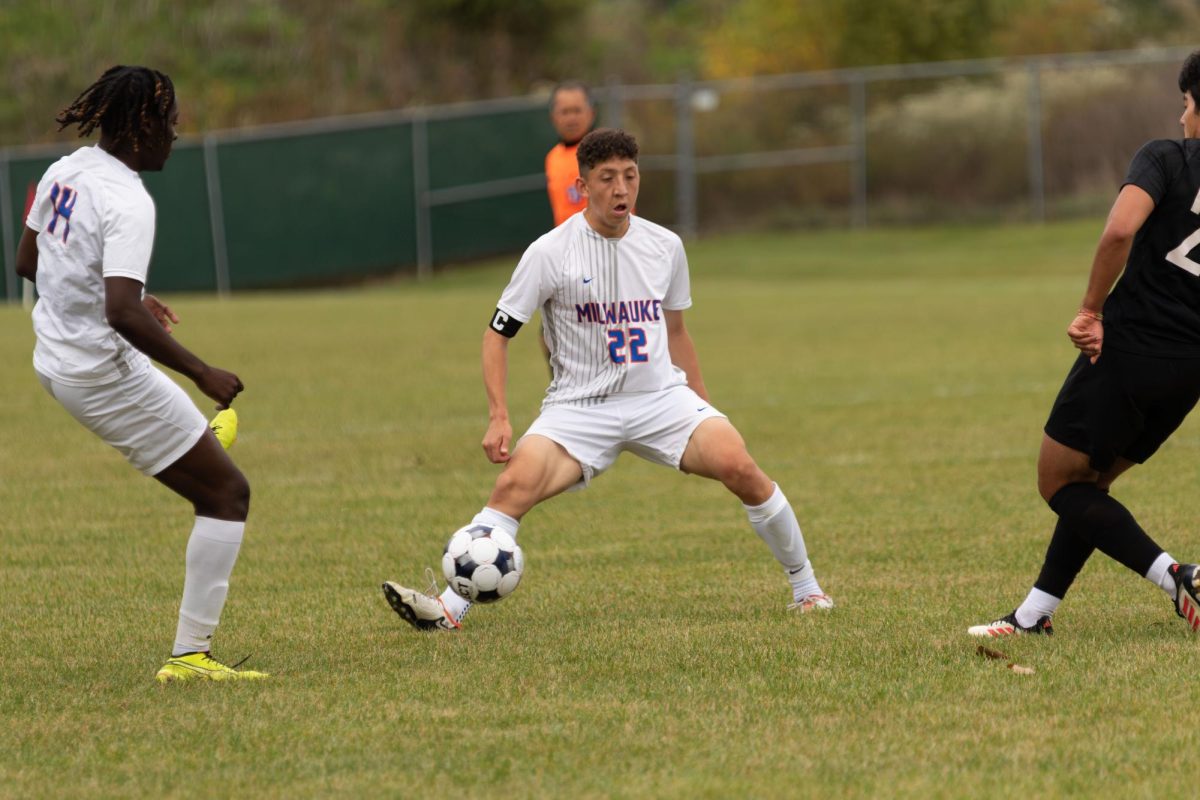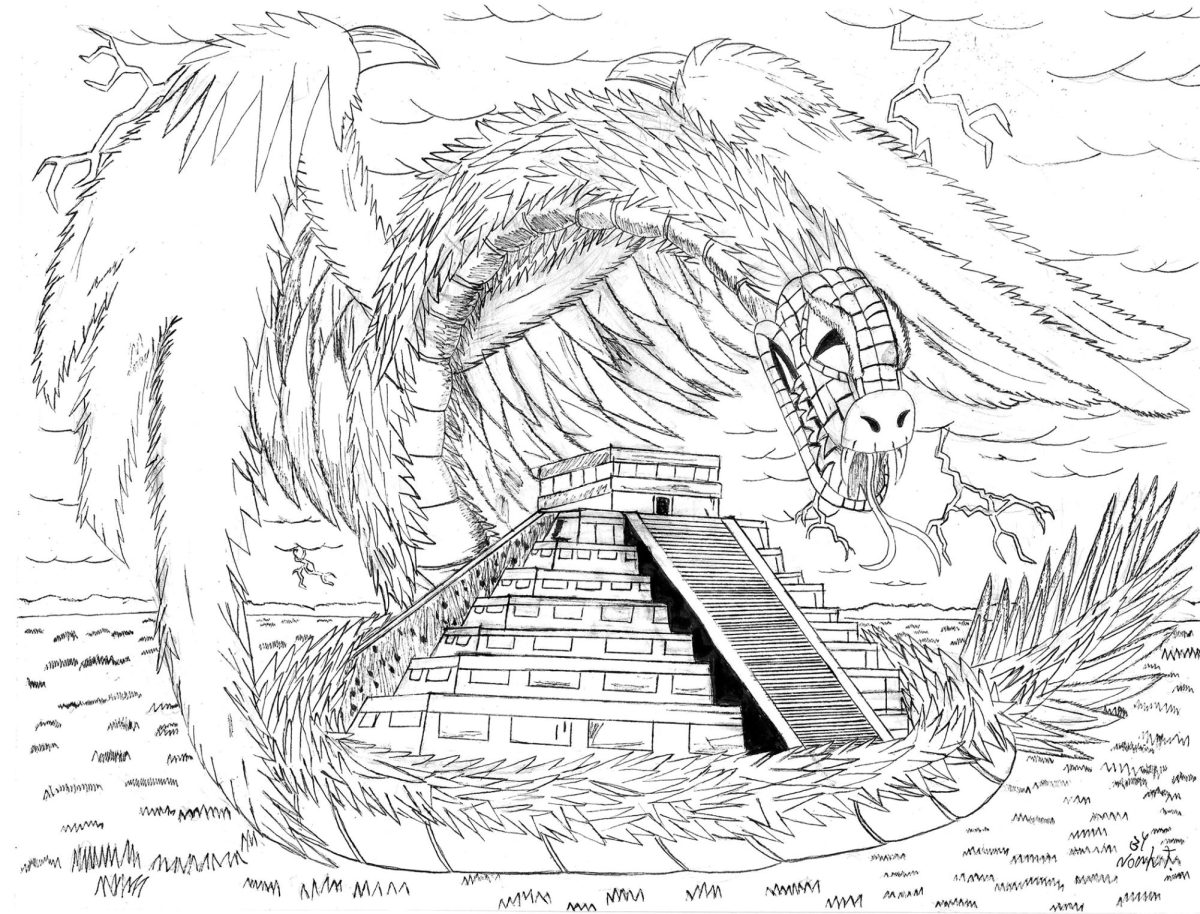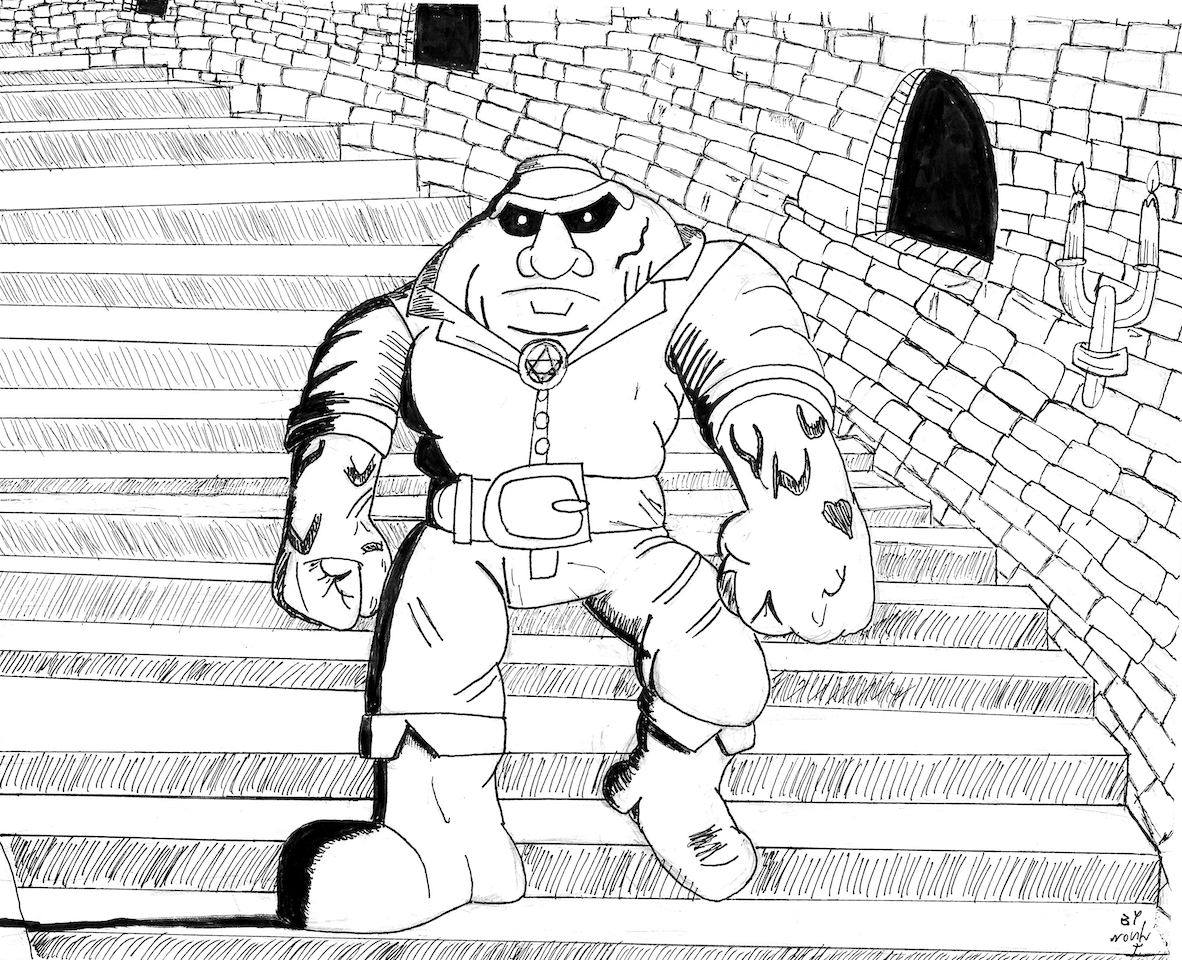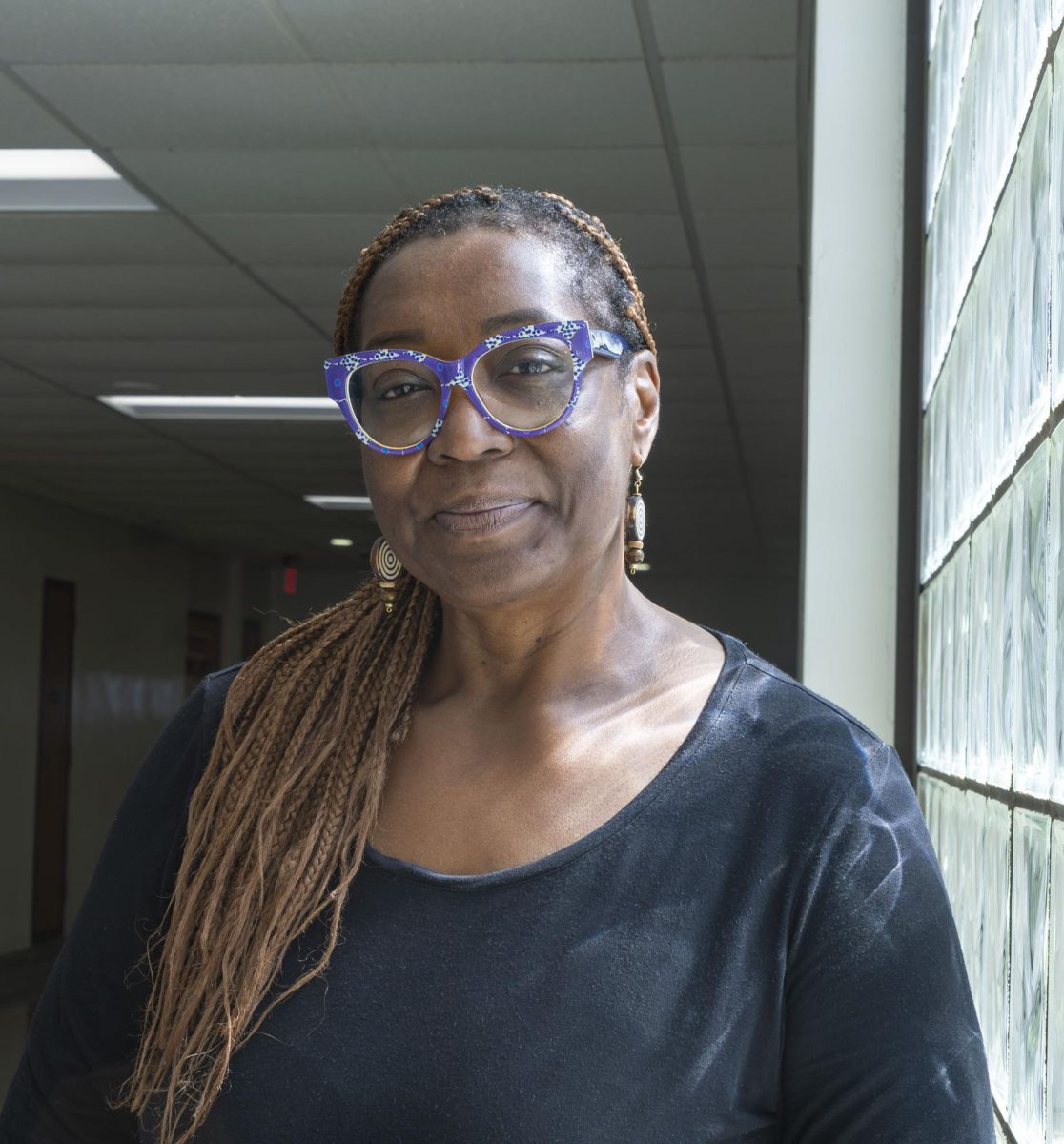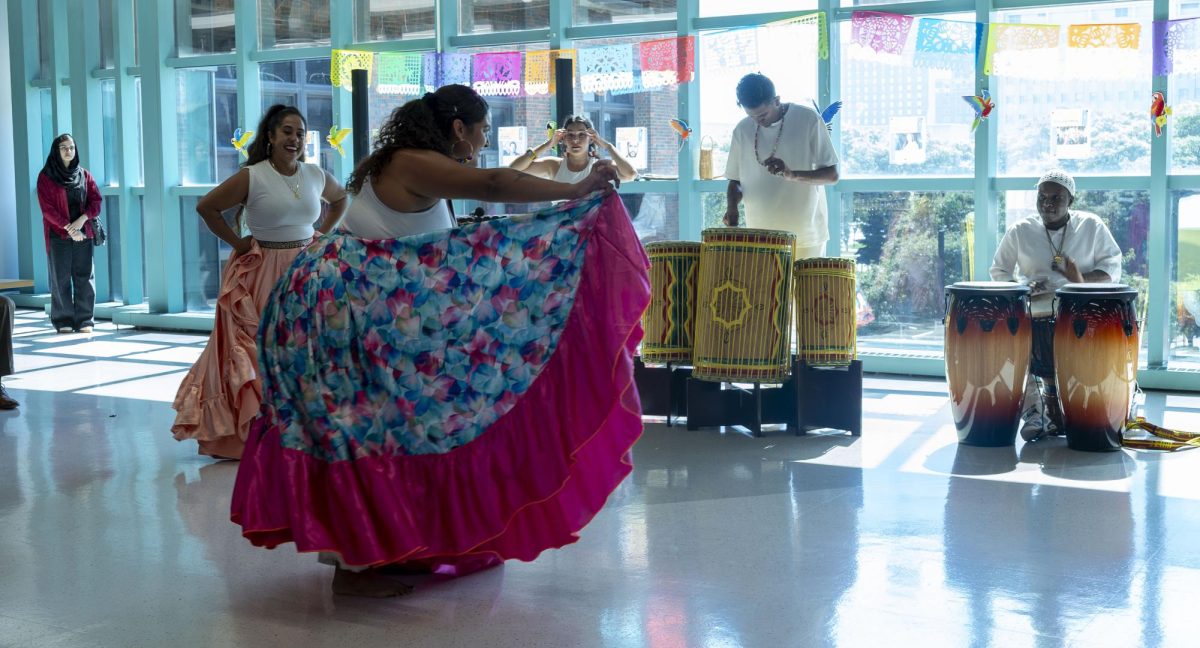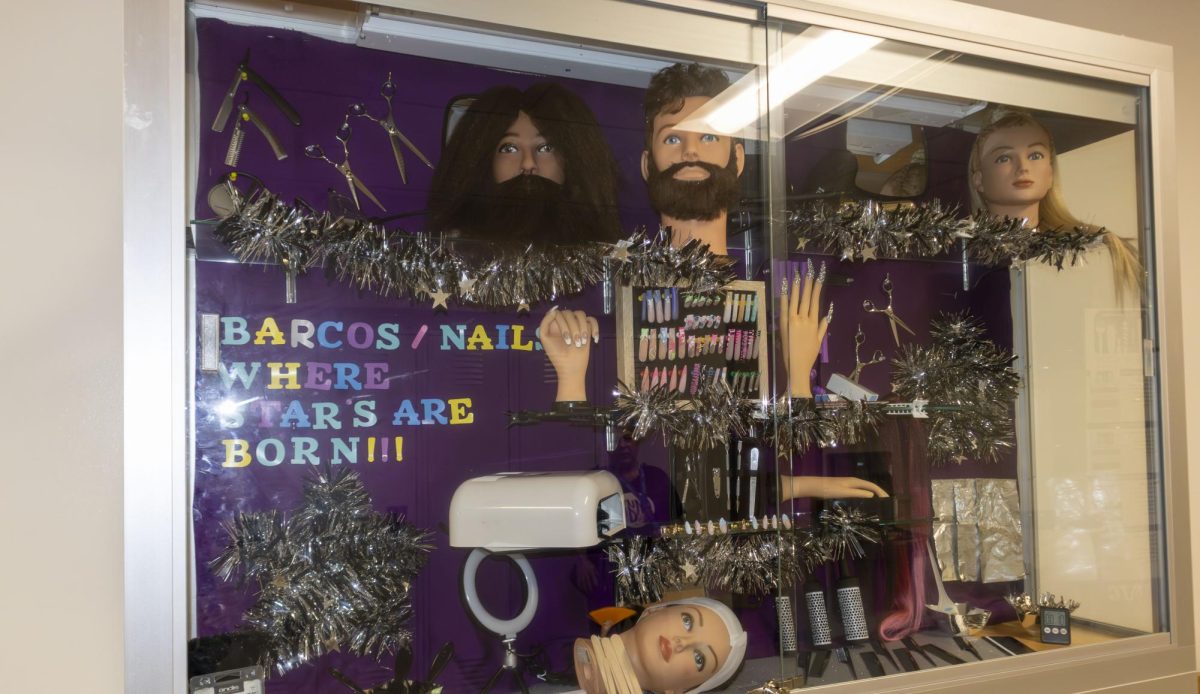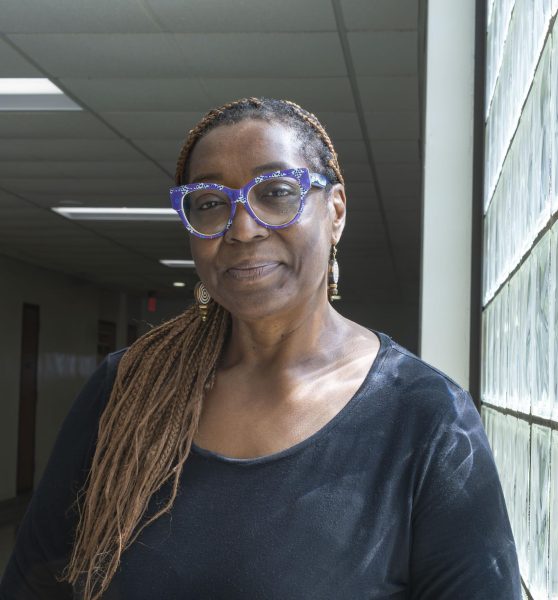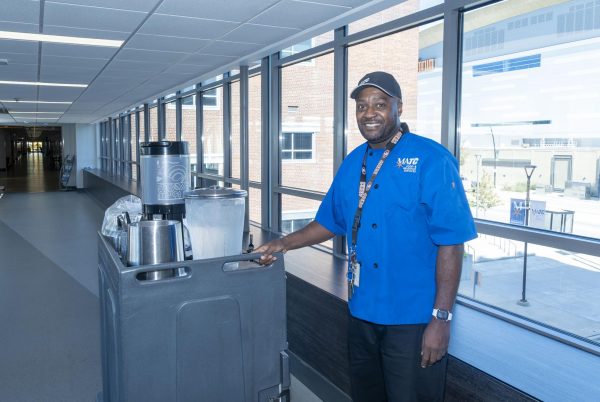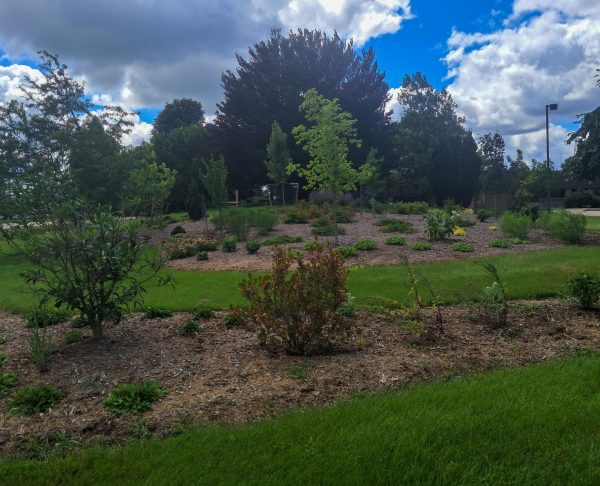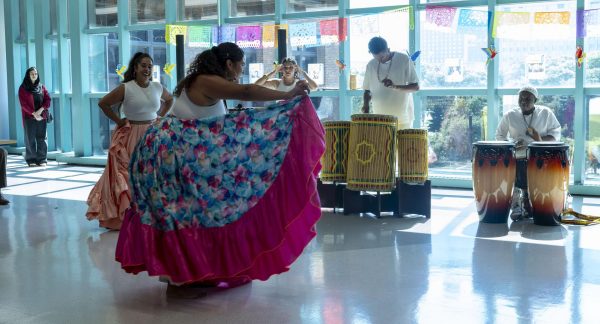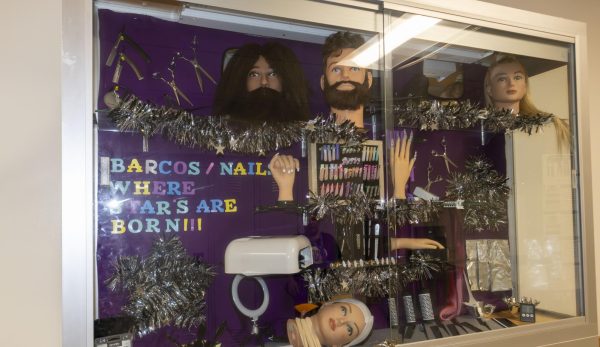Help and hope for victims of domestic violence
One in every four women will experience domestic violence in her lifetime and 85 percent of domestic violence victims are women, according to the National Coalition Against Domestic Violence (NCADV) fact sheet.
It’s something that is not well known because victims are afraid to expose their abusers. Students learned where they can get help from abusive situations at an event that was held at the West Allis campus on Oct. 24. October was Domestic Violence Awareness Month and Patrice Jefferies, coordinator of Student Life at the West Allis campus, invited LaTanya Gittens, a survivor of domestic violence, to speak to students. She presented alarming facts along with resources of support.
Gittens is a case manager and counselor for the Milwaukee Women’s Center, a division of Community Advocates. She presented a slideshow and an opportunity for students to share their experiences, as well as ways to help students’ friends and family members in abusive situations, and perhaps even themselves.
The definition of domestic abuse goes beyond what most people would think; Gittens stated, “a pattern of coercive behaviors and tactics used by one person over another to gain power and control. This may include verbal abuse, financial abuse, emotional, sexual and physical abuse … it occurs in married or not married, heterosexual, gay or lesbian, living together, separated or dating individuals.” Most abusers do so behind closed doors and physical abusers try not to target areas of the body where others can see any markings.
Gittens pointed out that men can also be victims of domestic violence, but women are overwhelmingly (95 percent) the target for abusers. The NCADV reports that “an estimated 835,000 men are physically assaulted by an intimate partner annually.”
Unfortunately, at this moment there is not a shelter where men can go to receive help in an emergency abusive situation, but they can call the police, if necessary.
Many times women are scared that they will lose their children if they report domestic violence. That is only the case if the woman refuses to leave the abuser and the children are in danger. Gittens reports that most women return seven times to an abusive relationship before leaving it. Some people cannot understand why this is so. Women can feel that they have nowhere else to go, have no financial backing, or perhaps the abuser supplies drugs or alcohol to the victim.
Getting a restraining order can sometimes scare an abuser into stopping, but many times it has ended in the murder of the victim. Gittens advised not to get a restraining order, if you feel that it could make your situation worse.
The slideshow mentioned that in 2010 in Wisconsin, there were 39 domestic violence incidents which resulted in 58 deaths; 51 homicides (which accounted for 29 percent of all homicides that year), and seven perpetrator suicides. This is a very serious issue and the college wants students to know that there is help for those who want it.
Gittens is involved with a program called Second Stage, which helps 18- to 49-year-old women and their children who are involved in some kind of domestic violence. There is also a program for seniors who are 50 years of age and older; whose abusers, shockingly, are usually their adult children.
Amy Waldman, coordinator of ACCESS, which serves displaced homemakers, reports that 50 percent of the participants in the program stated that they “were in a relationship where intimate partner violence played a part.” Waldman also discussed at the President’s Diversity Council meeting that ACCESS will be partnering with other campus programs to put information inside restrooms and other areas to give vital information in a private manner for those being abused, and those abusers wanting to stop.
If you know someone who isn’t acting like themself, be a friend and try to find out why.
Perhaps they are facing an abusive situation, and just want someone to confide in, be there for them, or maybe they need a place to go.
The Sojourner Family Peace Center has a 24-hour hotline for emergencies and can direct you to other services. The hotline can be reached at 414-933-2722. Also the Milwaukee Women’s Center has a crisis line and shelter; call them at 414-671-6140. There are people dedicated to helping you.
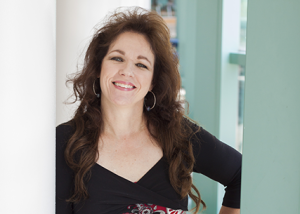
Greetings! My name is Veronika Greco and I am the new editor for the Mequon campus. I started MATC in 2012 and will graduate in May 2013. I joined the...


